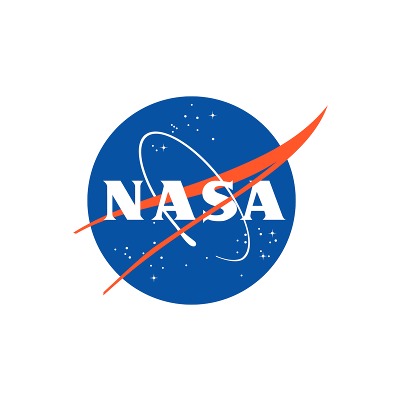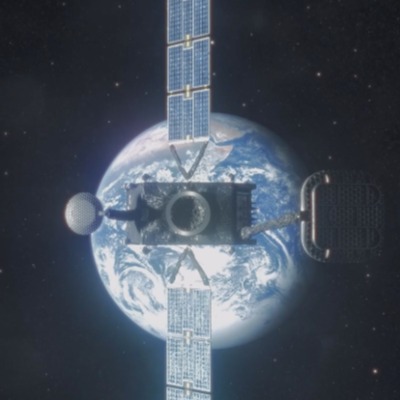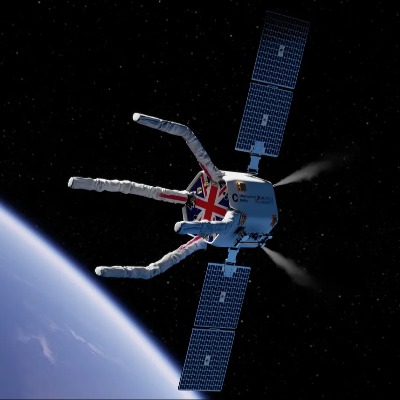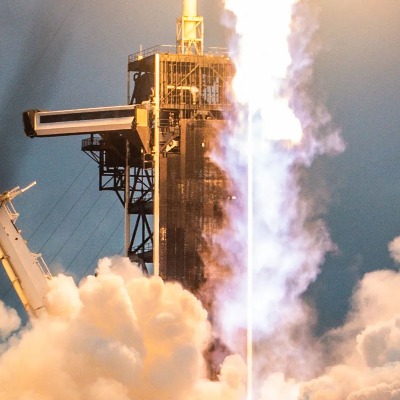White House Unveils Draft Bill Outlining Rules For Private Space Stations
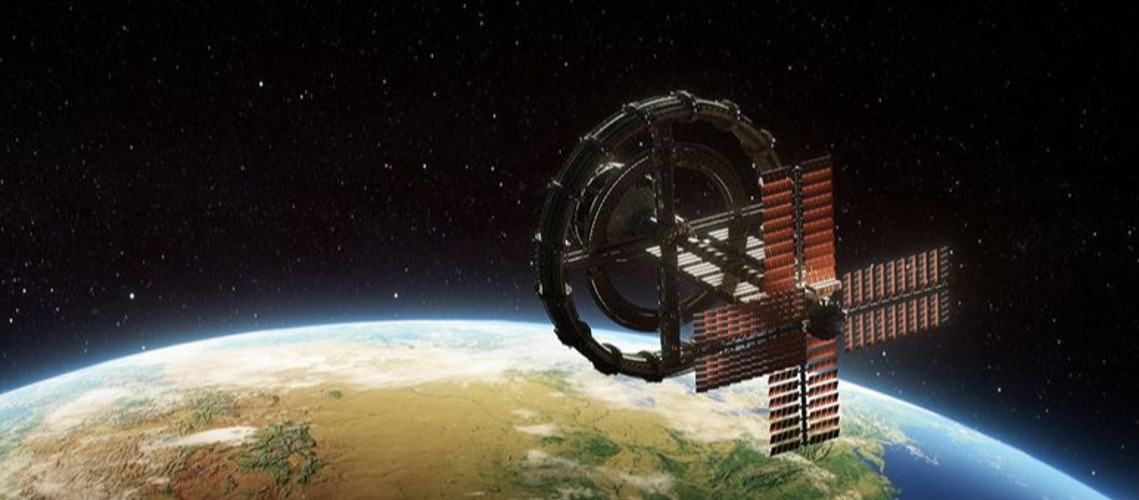
In a move to establish a regulatory framework for the burgeoning private space industry, the White House has released a draft bill that outlines proposed rules for private space stations. The draft bill, which was unveiled on November 15, 2023, by the National Space Council (NSC), would divide oversight responsibility for novel space activities and infrastructure between the Department of Transportation (DOT) and the Department of Commerce (DOC).
Under the proposed legislation, the DOT would be responsible for regulating space transport missions and human safety in low Earth orbit (LEO) and beyond. This would include licensing missions that transport people or cargo to and from LEO, as well as ensuring the safety of astronauts on private space stations. The DOC, on the other hand, would be responsible for overseeing "all novel space activities that are not human-rated or assigned to DOT," according to a statement from the White House. This would include activities such as in-space assembly and manufacturing missions, and the development and operation of satellites for removing space debris.
The draft bill is a significant step forward in establishing a regulatory framework for private space activities. The growth of the private space industry has outpaced the ability of existing regulations to keep up, and there has been a growing need for clear rules of the road. The proposed legislation would provide a much-needed framework for the industry to operate in, and it would help to ensure the safety of both astronauts and the public.
The draft bill is still in its early stages, and it is likely to be subject to revisions before it is finalized. However, the release of the draft bill is a clear indication that the Biden administration is committed to supporting the growth of the private space industry while also ensuring that it is done in a safe and responsible manner.
Key Takeaways from the Draft Bill:
- Oversight of private space activities would be divided between the DOT and the DOC.
- The DOT would be responsible for regulating space transport missions and human safety in LEO and beyond.
- The DOC would be responsible for overseeing "all novel space activities that are not human-rated or assigned to DOT."
- The draft bill is a significant step forward in establishing a regulatory framework for private space activities.
The release of the draft bill is a welcome development for the private space industry. It provides a much-needed framework for the industry to operate in, and it will help to ensure the safety of both astronauts and the public. The draft bill is still in its early stages, but it is a positive sign that the Biden administration is committed to supporting the growth of the private space industry.

